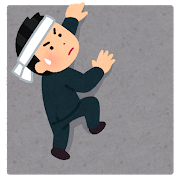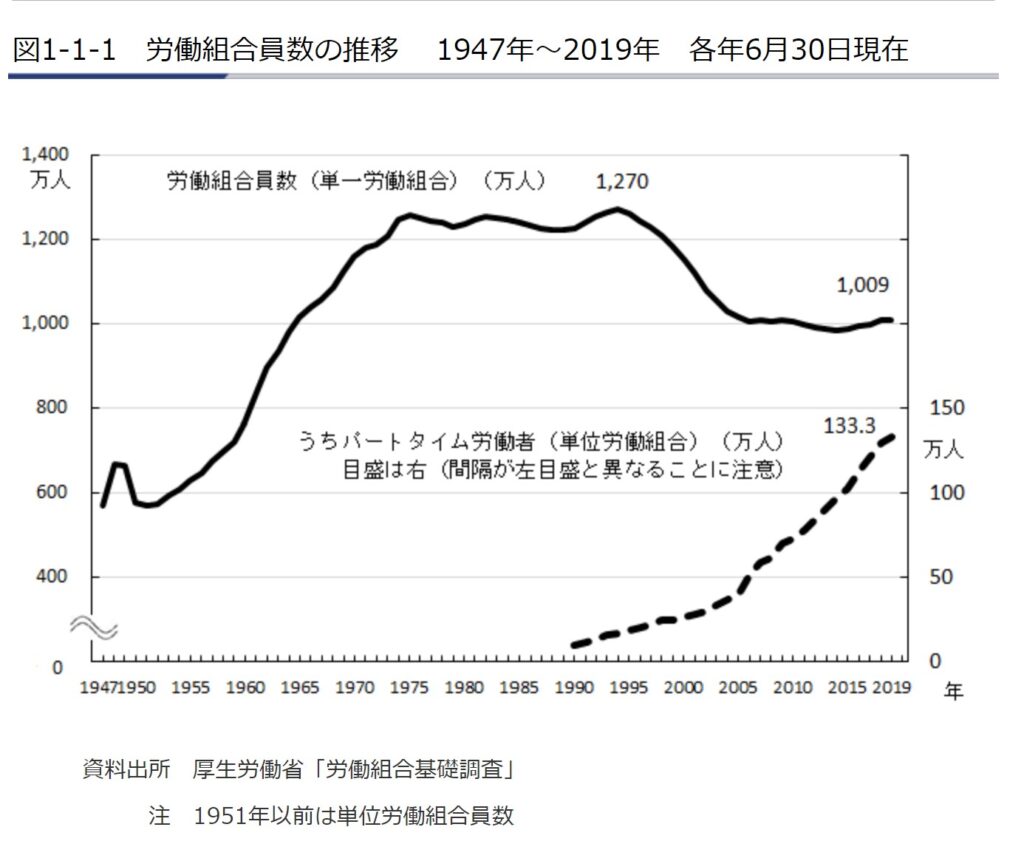Why Japanese wages do not rise for 30 years

Average wages have not increased in Japan for 30 years
Moreover, Japan's average wage, which was the second highest after the United States in the early 1990s, has now fallen to the second from the bottom.
The reasons why the average wage in Japan did not increase are the restraint of labor costs of companies and the expansion of the service industry with low wage levels, so-called "非正規社員 Non-permanent employee".

What is the cause?
Of course, Japan's core industries, the electrical and automobile industries, may be deprived of their initiative by losing the global competition.
We can also see that the only way to win the business competition in the world is to control labor costs among Japanese people.

Another factor that can be considered is the lack of wage bargaining power of the Japanese.
In many cases, Japanese people are not good at negotiating to raise wages. In the first place, there is no culture of negotiating individually, and the bargaining power of the company is culturally strong. Large companies are negotiated by in-house trade unions, not individuals. However, the number of labor unions is decreasing year by year, and their bargaining power has become an issue.

It is good that there is a labor union, but I have to say that the Japanese are quite vulnerable to individual negotiations. For example, in many cases, wages will drop only in Japan when changing jobs.
Japan is now aiming to break away from Japan, where wages are low.



